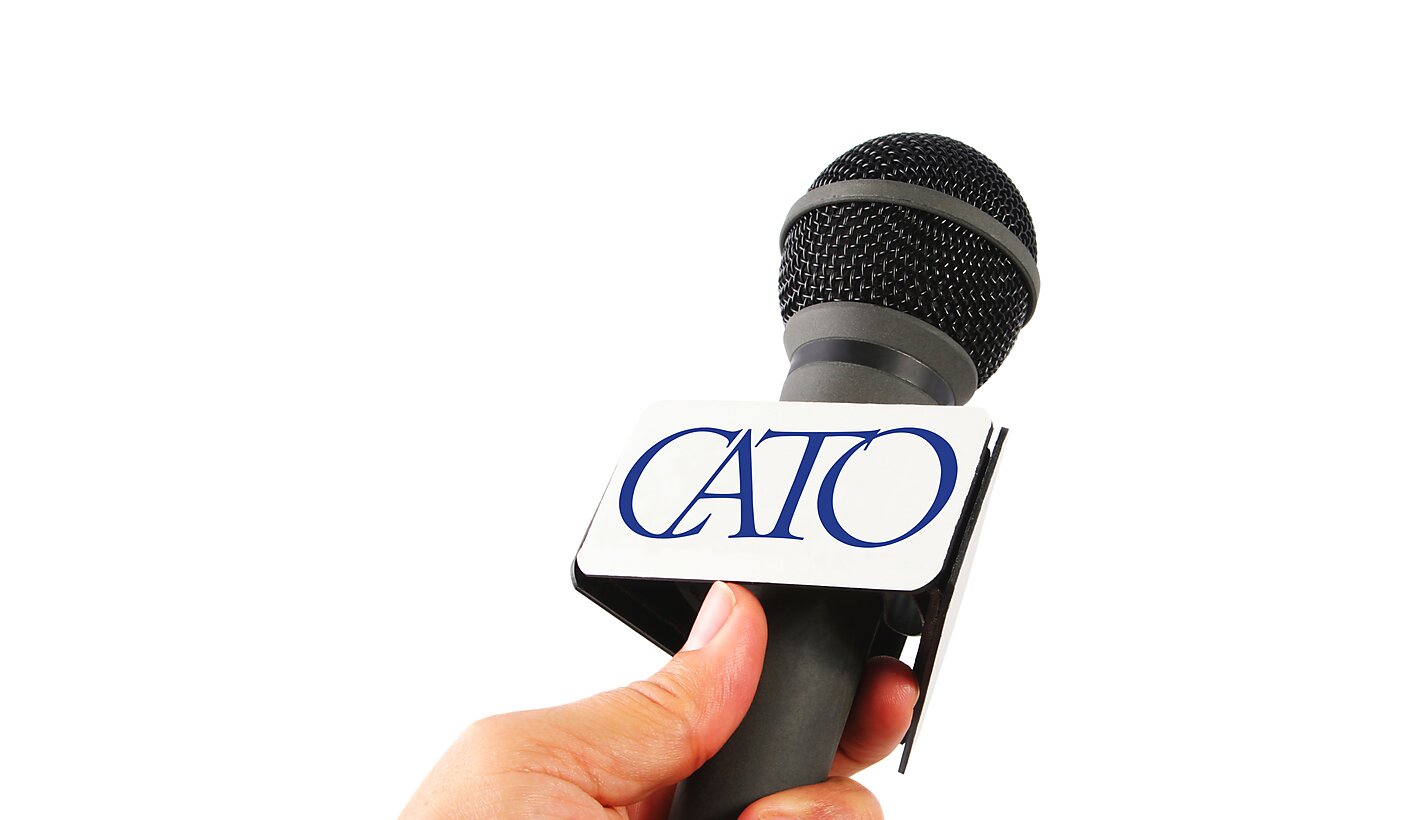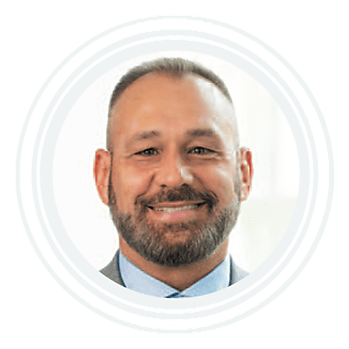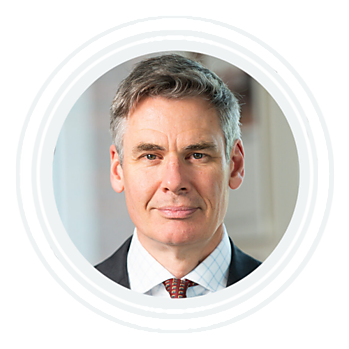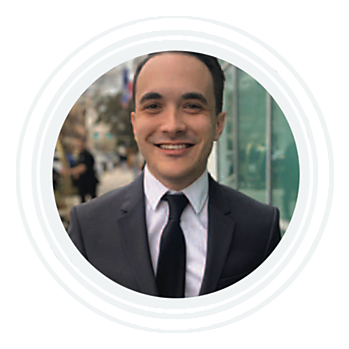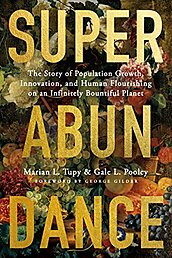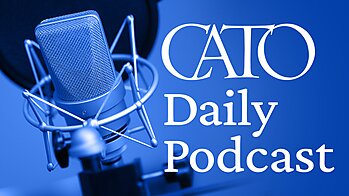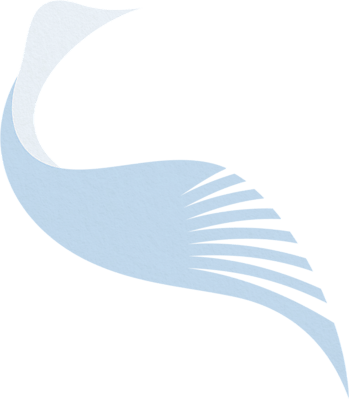If the values of liberty are to flourish in our country once again, we must restore respectful discourse and repair the foundations of civil society.
Raising Liberty’s Voice
“It does not take a majority to prevail, but rather an irate, tireless minority, keen on setting brushfires of freedom in the minds of men.”
–Samuel Adams
Cato has seized the opportunity to work with policymakers across the political spectrum to ensure peace in future elections, fight government growth in our courts, and reach new and larger audiences—especially young students. Our continued investments in technology, media, and outreach are allowing us to raise liberty’s voice in the United States and around the world.
Ensuring the Peaceful Transfer of Power
Following the events on January 6, 2021, Cato scholars set to work educating policymakers on how to reform the Electoral Count Act (ECA) to preserve the peaceful transfer of power. Just shy of two years later, their work provided the intellectual foundation for the passage of the first amendment to the ECA in more than 130 years.
Throughout 2022, Cato’s Walter Olson, Thomas A. Berry, and Andy Craig persuasively made the case for reforming the ECA. Major news outlets—from the Wall Street Journal to the Washington Post—began echoing their calls for reform.
Discussions of the 2020 election were polarized, but Cato’s reputation for nonpartisanship gave us an edge in the debate. In more than 50 papers and articles, Olson, Berry, and Craig elucidated the mess of ambiguities and contradictions contained in the antiquated ECA, including its stipulations that could allow Congress to effectively decide the result of an election. The three made clear why individuals across the ideological spectrum should support reforming and strengthening the ECA, and they made clear that such a position was not in opposition to Donald Trump or in favor of any particular election result.

With momentum building,
Cato’s government affairs team connected dozens of congressional offices to Cato experts to discuss the amendment.
In June of 2022, Cato’s policy briefing on Capitol Hill was attended by more than 50 congressional staffers from both parties in the House and the Senate.
This catalyzed dozens of meetings with Cato’s experts.
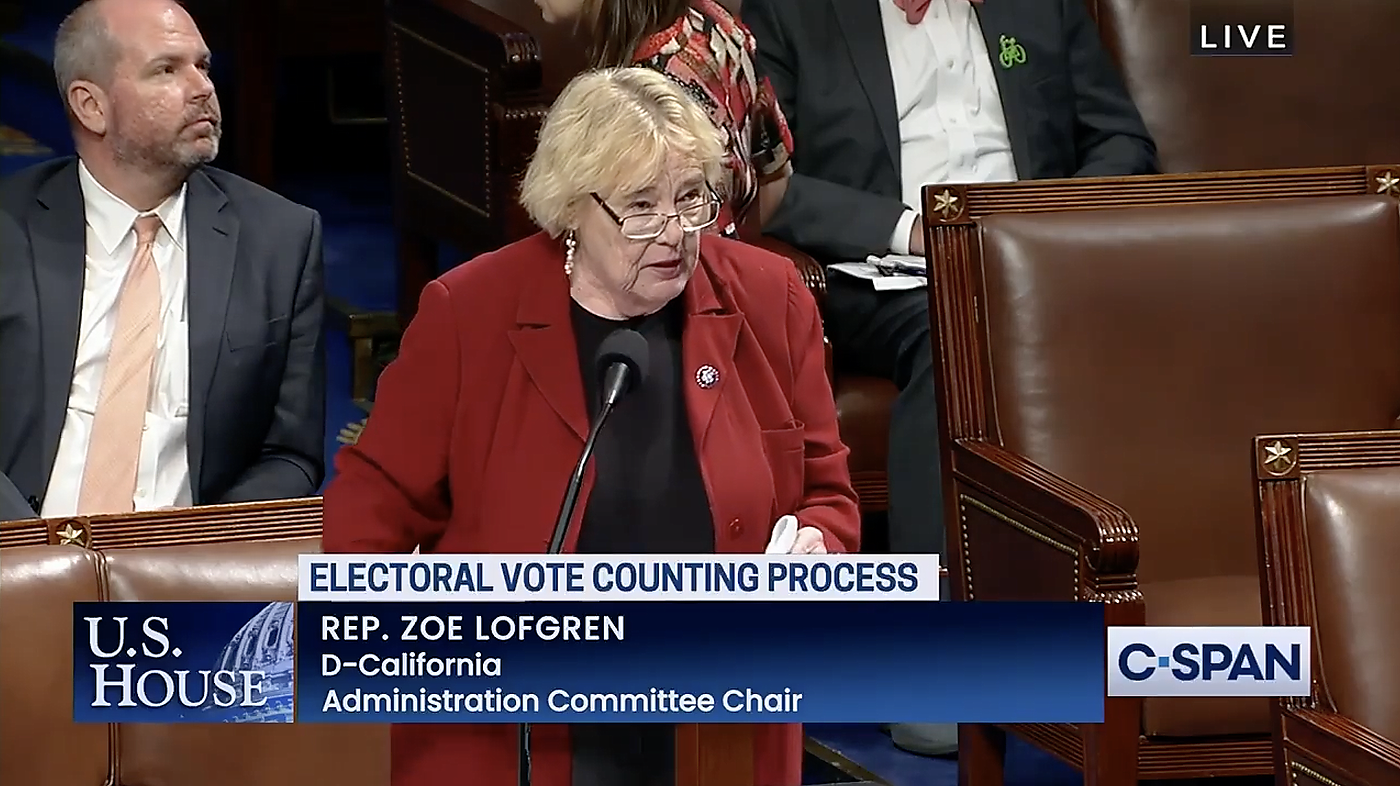
Rep. Zoe Lofgren (D‑CA) cited Andy Craig’s blog post, “Lofgren, Cheney Introduce Bill to Reform the Electoral Count Act,” on C‑SPAN.
Cato’s principled approach to reforming the Electoral Count Act lent a voice of reason to a heated debate and earned bipartisan appeal, with both Reps. Liz Cheney (R‑WY) and Zoe Lofgren (D‑CA) citing an analysis by Andy Craig on the floor of the House.
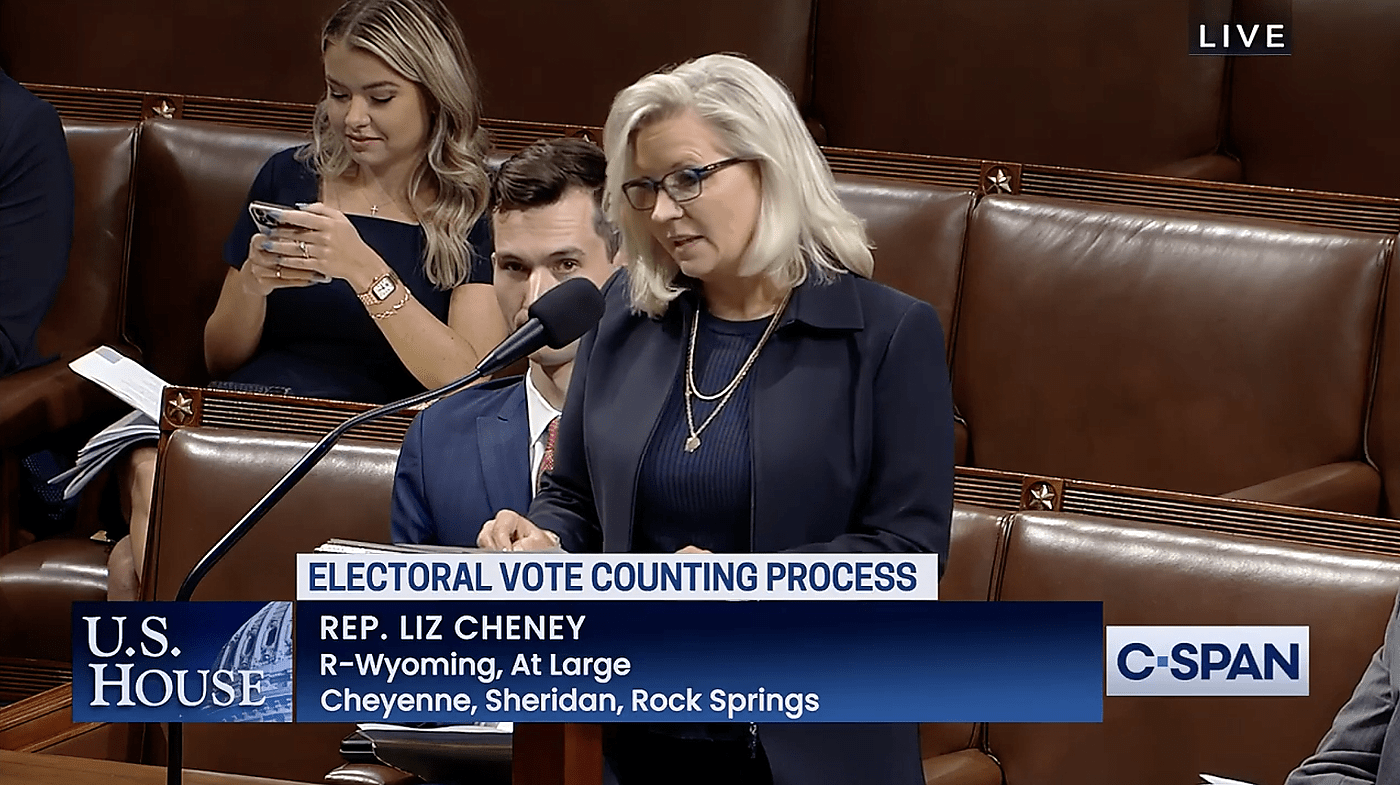
Rep. Liz Cheney (R‑WY) also cited the post, quoting that “in some respects, this bill is more […] originalist than the existing Senate bill.”
In December of 2022, The Electoral Count Reform bill was signed into law
—an example of how Cato’s unrivaled expertise and respected voice in a contentious partisan debate leads to
real policy change.
Cato in the Courts
Cato’s engagement in the courts is one of the most effective ways to uphold the Constitution. Our arguments have informed landmark pro-liberty decisions for gun rights and gay rights, and against racial preferences and speech restrictions. In 2022 Cato’s voice was echoed in landmark decisions on the administrative state (West Virginia v. Environmental Protection Agency); school choice (Carson v. Makin); gun rights (New York State Rifle and Pistol Association v. Bruen); and more.
New Director for the Robert E. Levy Center for Constitutional Studies
Bringing Liberty to Life
At Cato, we know that good ideas can change lives and shape the world. We also know that ideas are nothing if they do not reach and persuade a critical mass of people. We are committed every day to finding innovative ways to ensure the best ideas reach the widest audiences possible and remain at the center of policy debates.
The Cato Daily Podcast, hosted by director of multimedia Caleb O. Brown, provides Cato a platform to discuss relevant news and libertarian thought in a conversational and digestible format. Listeners hear regular discussions about inflation, the war in Ukraine, school choice, immigration policy, the opioid crisis, criminal justice reform, and many other topics.
Cato’s Project on Poverty and Inequality in California
Cato’s Project on Poverty and Inequality in California produced a 30-minute documentary offering common-sense reforms to increase economic freedom in the Golden State. The documentary was screened at major film festivals across the country and earned multiple awards including the Houston International Film Festival’s Gold Remi Award, the Hollywood Gold Awards’ Best Short Documentary gold award, and the Independent Shorts Awards’ Best Director Award for Lena Popilieva.
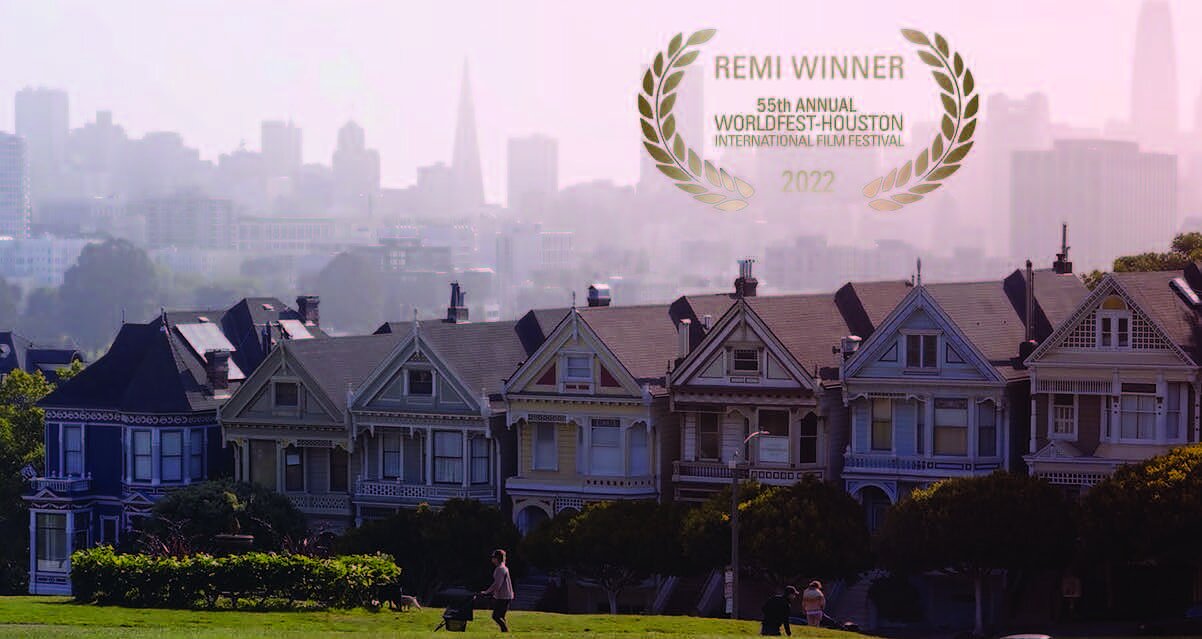
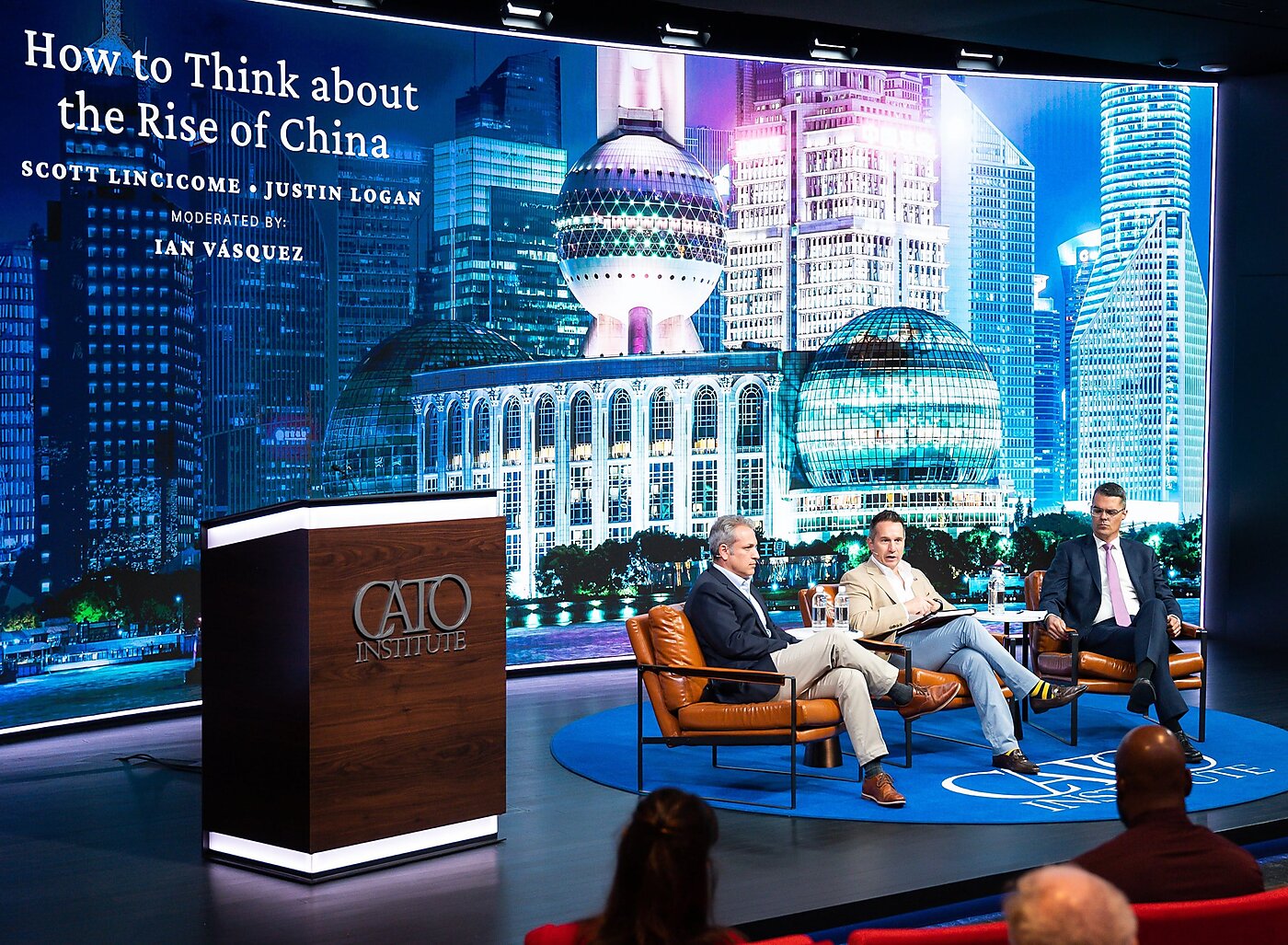
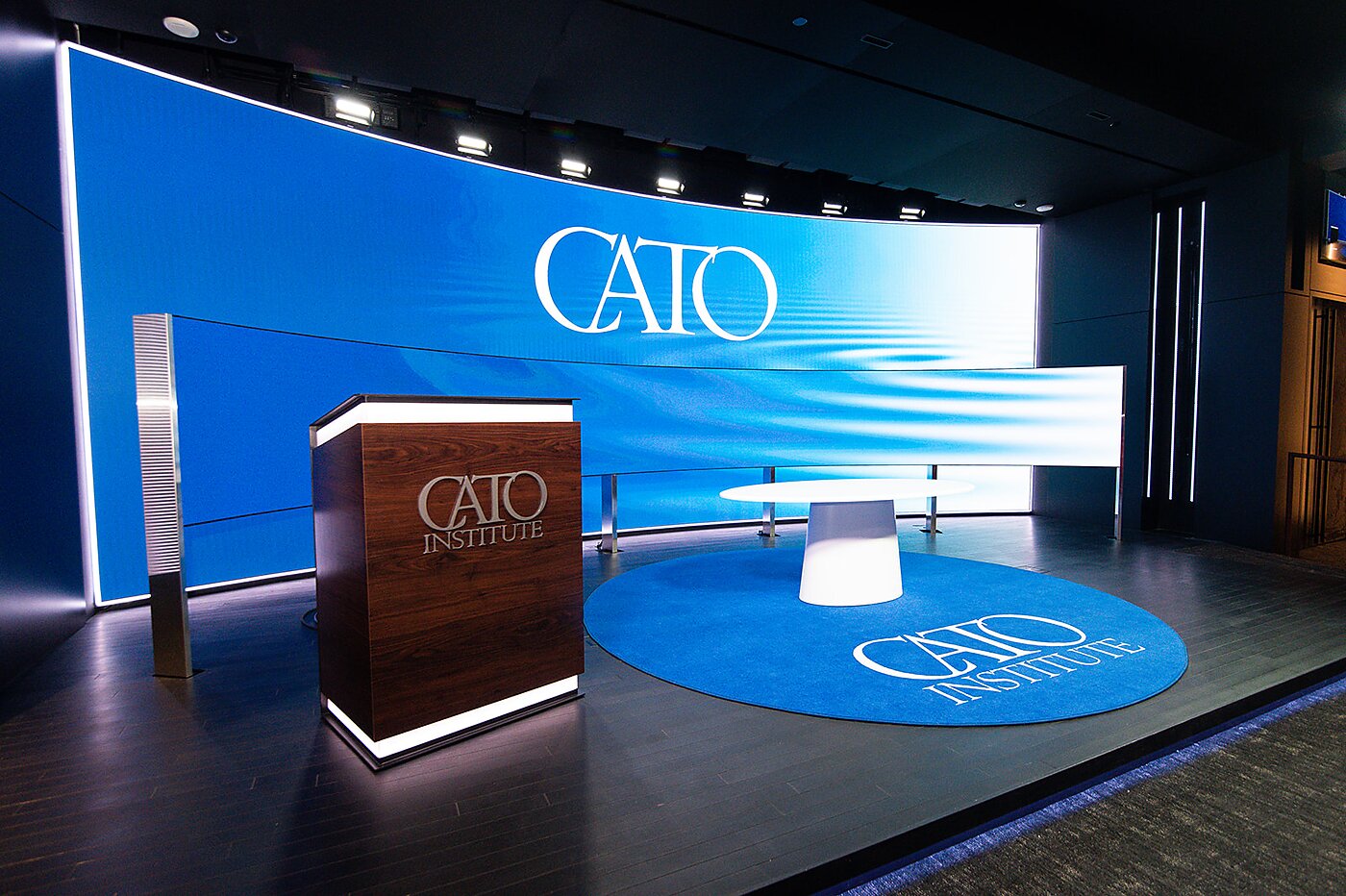
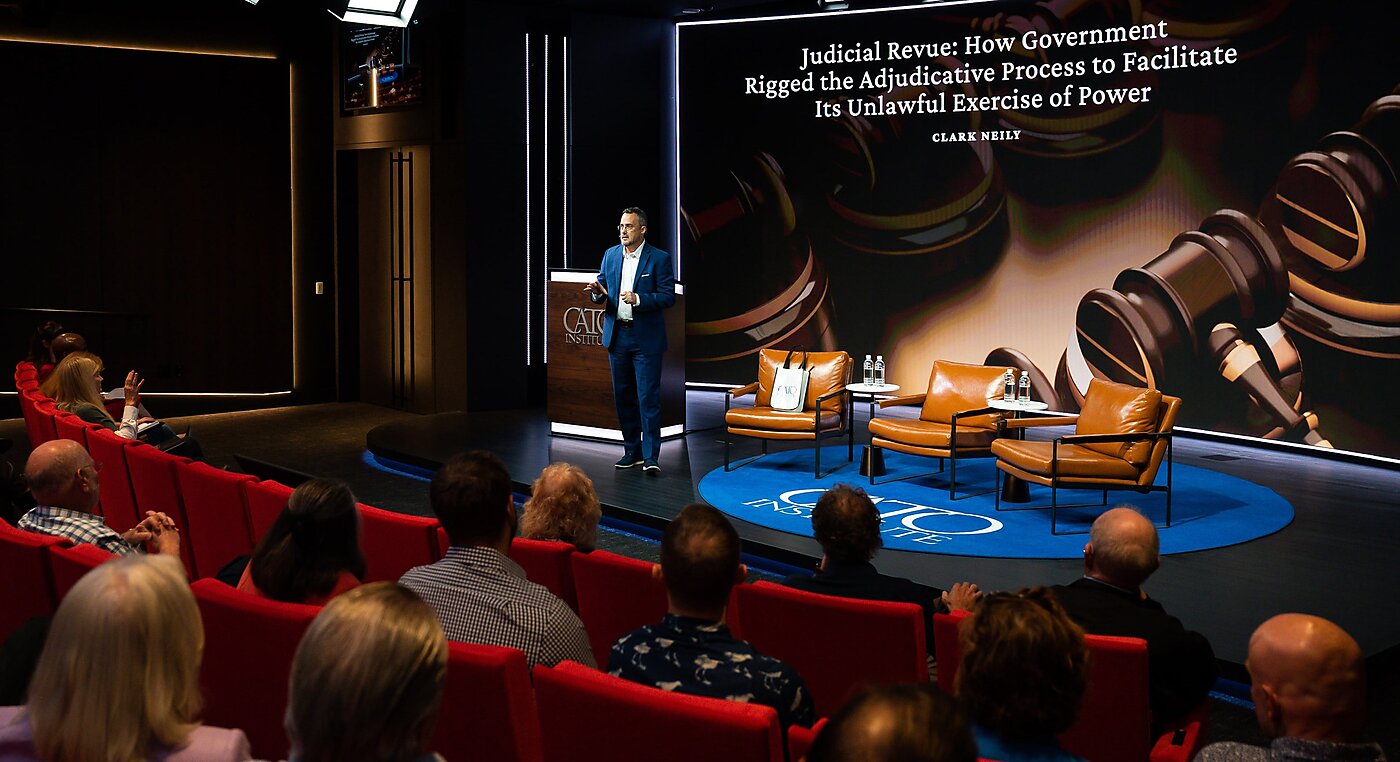
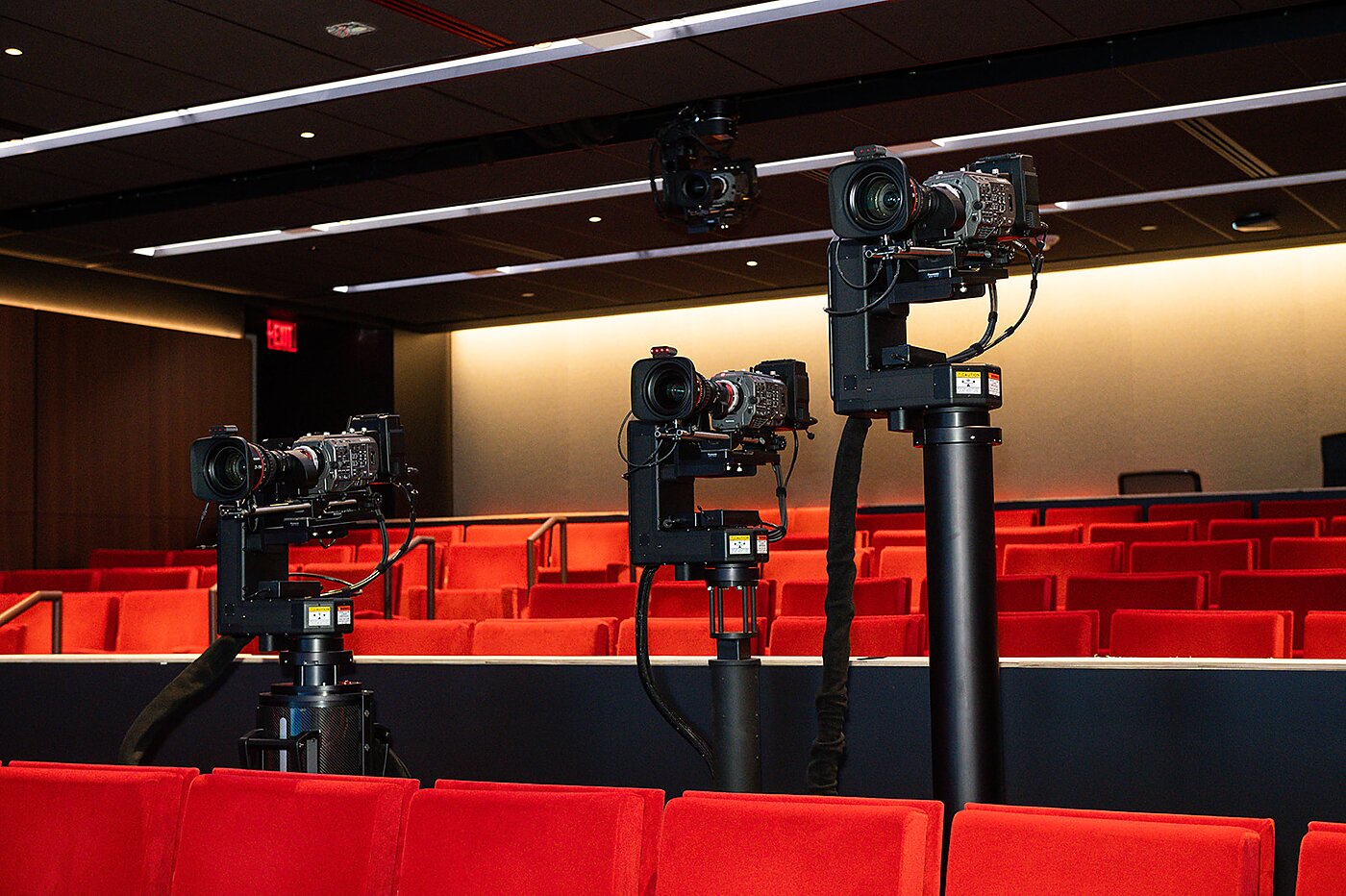

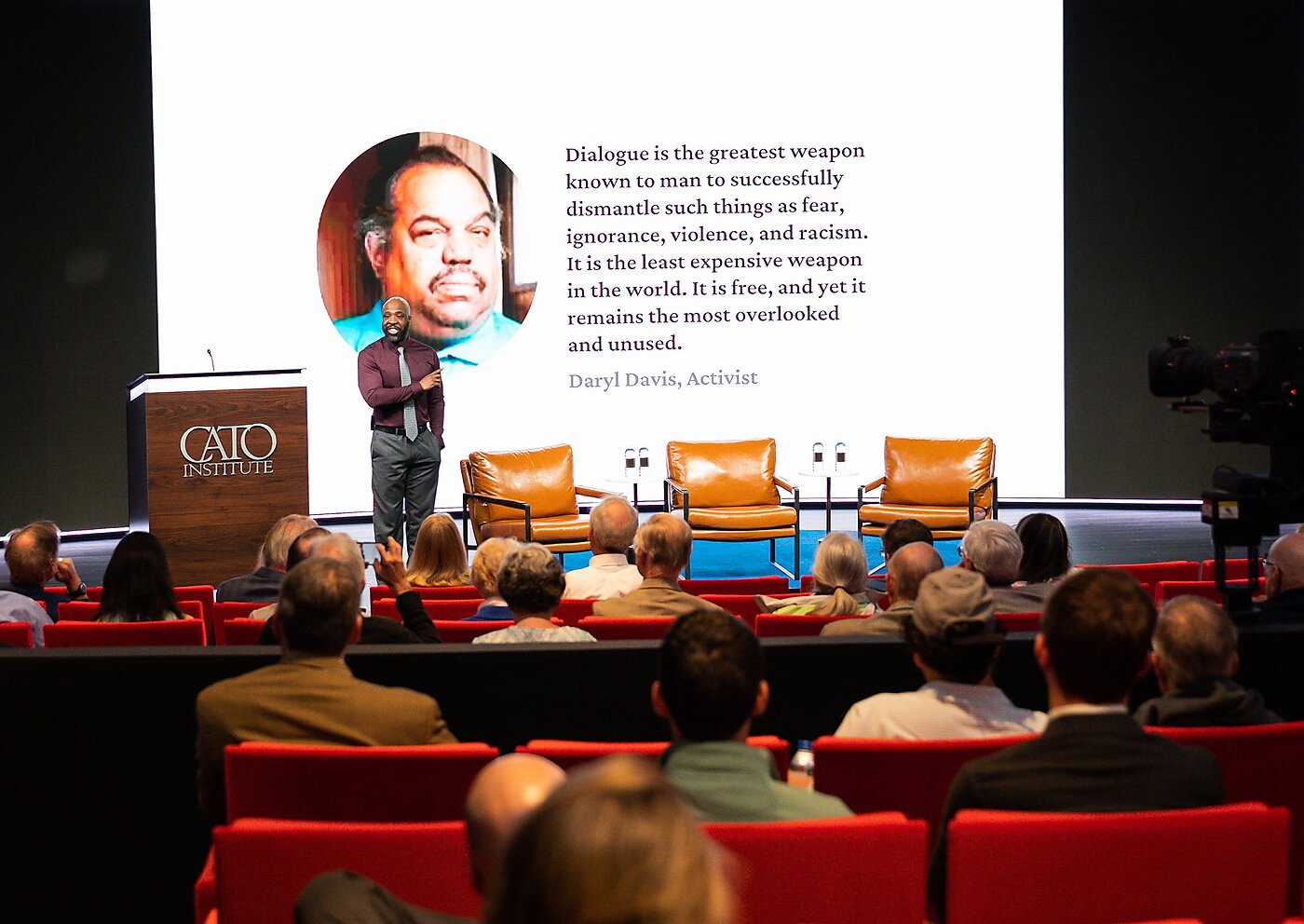
Cato in the Classroom
New Talent: Growing Our Network of Educators
Far too many students today aren’t being exposed to the libertarian values of individual liberty and limited government that our country was founded on. Instead, they’re pressured into picking either the “red” team or the “blue” team, and they become indoctrinated with tribalism. This division drives the desire for an even more intrusive government.
Cato is reaching students across the country through innovative programs like the Sphere Education Initiatives. Led by director Allan Carey, Sphere works with grades 5–12 educators and administrators to provide them with the knowledge, experience, resources, and professional development opportunities to bring difficult conversations and civil dialogue into the classroom, creating spaces where all sides of hot-button debates are heard and respected.
Thanks to the support of Cato Sponsors, Sphere could be coming to a school near you! To reach the widest possible network of educators, Cato launched Sphere on the Road in 2022, bringing its world-class programming and professional development directly to schools across the country. Through mini-summits, large-scale training, and in-depth consulting, Sphere on the Road reached approximately 1,500 additional teachers and administrators in 2022.

A vast network of 5,000 educators involved in Sphere take a variety of Cato lesson plans and resources back to their classrooms, introducing more than 500,000 students to Cato’s ideas and policy solutions.
“I went into this with some bias and reservations and I was absolutely blown away. Hearing intelligent, respectful discourse that represented a variety of opinions restored pride that had been lost from extremists sucking all the oxygen out of the room.”

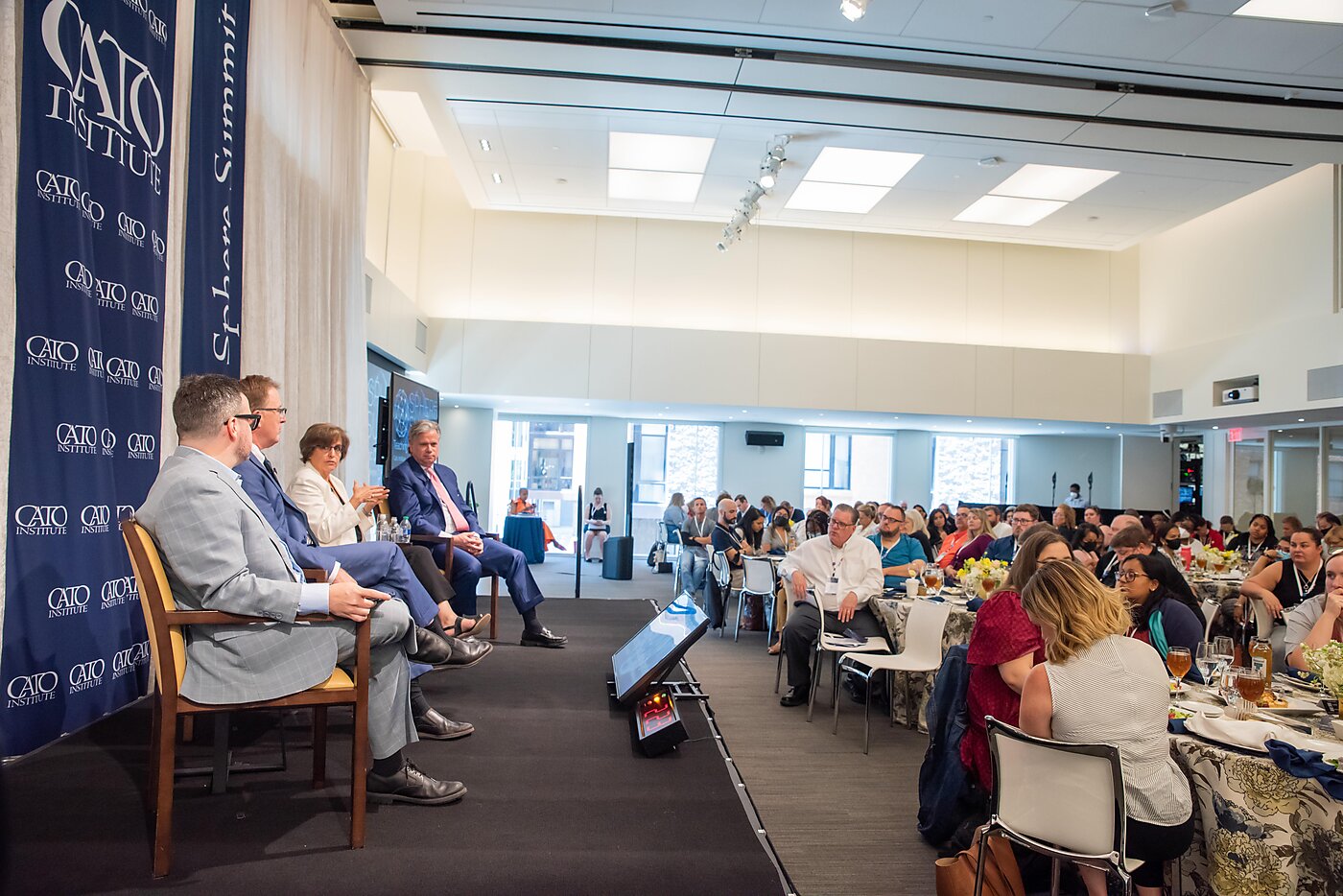
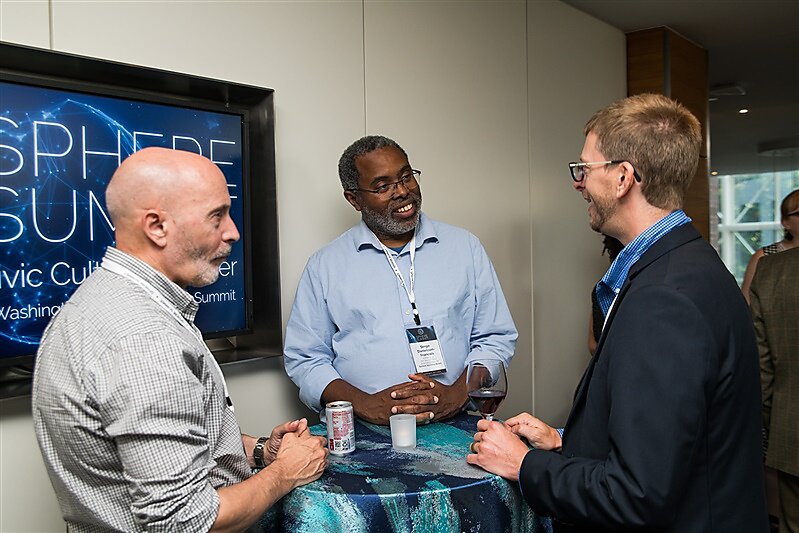
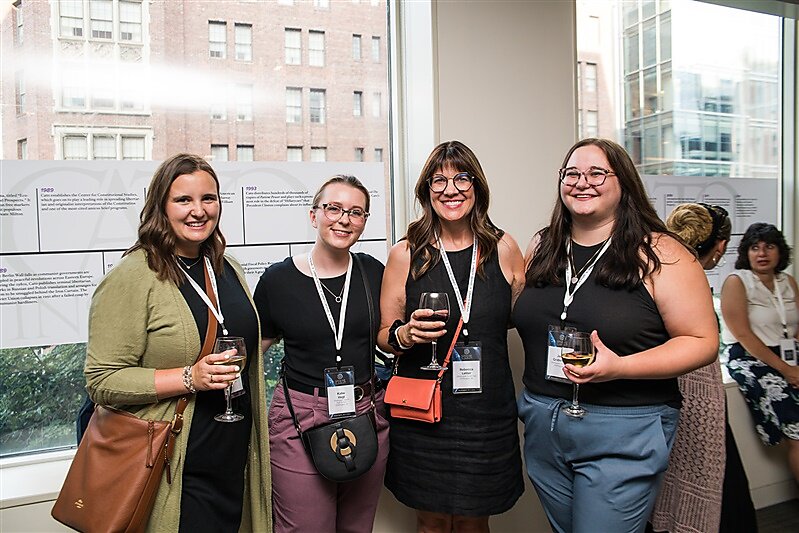
By the end of 2024, the project will expand to include more than 8,000 educators, administrators, and curriculum writers across the country, who will in turn reach more than a million students.
From the Web to the World
New Director of Libertarianism.org
For years, Libertarianism.org has been well established as an indispensable resource for educating young people on the ideas of classical liberalism. Libertarianism.org continues to expand its reach and scope to new audiences, and in 2022 we began a redesign of the site to improve the navigability of this treasury of resources about the theory and history of liberty. The content and study courses on Libertarianism.org are used in many high school and college classrooms across the country, bringing Cato’s ideas and solutions to hundreds of thousands of students every year.
HumanProgress.org is the premier source for research and analysis that challenge pessimistic outlooks on the state of the world. The site is a collection of resources, data, and articles demonstrating vast increases in human well-being through the adoption of free markets and the spread of individual liberty around the world. One of the site’s most celebrated offerings is the Simon Abundance Index, which dispels the narrative that a growing population leads to resource shortages; on the contrary, the data definitively reveal a story of resource abundance—and lower prices, greater prosperity, and higher standards of living—as the world’s population has grown. Marian Tupy, senior fellow and editor of HumanProgress.org, created the Index with economist Gale Pooley. The Simon Abundance Index is already changing minds on the state of human advancement: the work has been featured in national media, including Forbes and the New York Times, and Tupy regularly appears as a guest and author in major outlets.
Superabundance
Marian Tupy’s work tells the optimistic and truthful story of global well-being, demonstrating that humankind and the planet—despite what doom-and-gloom radicals say—are flourishing and improving. Tupy makes his arguments about progress by compiling data and telling stories in original ways that attract journalists, academics, students, and interested citizens, as he did with his highly acclaimed book Superabundance: The Story of Population Growth, Innovation, and Human Flourishing on an Infinitely Bountiful Planet. This book, coauthored by Gale Pooley, examines why population growth and freedom to innovate make Earth’s resources more abundant—not less.
From its time-price measurement, which is being adopted by analysts in other countries, to content that goes beyond white papers and studies, Tupy’s work is influencing the left, right, and center. Harvard psychologist Steven Pinker and Nobel laureate Angus Deaton are on the HumanProgress.org advisory board; former Treasury secretary Larry Summers recently joined Tupy for a Cato forum; and Tupy’s work has been lauded by William McGurn of the Wall Street Journal, psychologist and media personality Jordan Peterson, and journalist George Will.
“There are those who wish for scarcities, and who work to inhibit economic growth, so that government can claim an excuse to ration this and that. Happily, they have met their match in Tupy and Pooley.”
George Will, Washington Post
“Anyone who cares about the future of humanity should read this book.”
Jason Furman, Aetna Professor of the Practice of Economic Policy, Harvard University, and former chair of the Council of Economic Advisers
Harnessing the Power of TikTok
The reach of Cato’s ideas continues to grow, amplified by the power of social media.
In 2022, we increased our content on TikTok and it quickly became our fastest growing online platform.
Jay Schweikert’s Video on qualified immunity garnered over 50,800 views, while Neal McCluskey’s video discussing student debt cancellation on Fox News Business gained over 247,600 views.
A CNN video citing a Cato study on immigration gained over 100,400 views, and a video of Jeffrey Singer explaining the ibuprofen shortage garnered over 678,100 views.
Research fellow Paul Matzko has achieved TikTok “influencer” status, with some of his videos garnering more than 11 million views.
Future Leaders for Freedom
A cornerstone of Cato’s mission is mentoring, motivating, and inspiring the brightest future libertarian leaders through a suite of student programs, including the Cato Internship Program.
A core component of a Cato internship—and one most often cited by former interns as transformative in deepening their knowledge and developing their views—is the John Russell Paslaqua Intern Seminar Series. This intensive seminar curriculum, presented by Cato’s senior policy staff, encompasses public policy, economics, history, and political philosophy. The program also includes writing, public speaking, and networking workshops to help interns hone their communication skills, learn about career paths in public policy, and develop early professional relationships that will help them advance beyond their time at Cato. Former Cato interns are often found in leadership positions in business, government, academia, and media, taking the experience and skills they honed at “Global Liberty HQ” with them.
The John Russell Paslaqua Intern Seminar Series bears the name of a former intern who passed away in 2017, just two years after completing the program. The series was established by John’s father and longtime Cato Sponsor Kenneth Paslaqua, who partnered with Cato in 2019 to honor John’s legacy. Encouraged by the success of the series in inspiring and preparing hundreds of young libertarians to embark on their careers—just as the Cato internship had for John—Kenneth will continue funding the series through 2028.
Previous Chapter
Next Chapter
Reading List
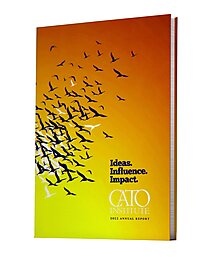
Download the Full Annual Report
